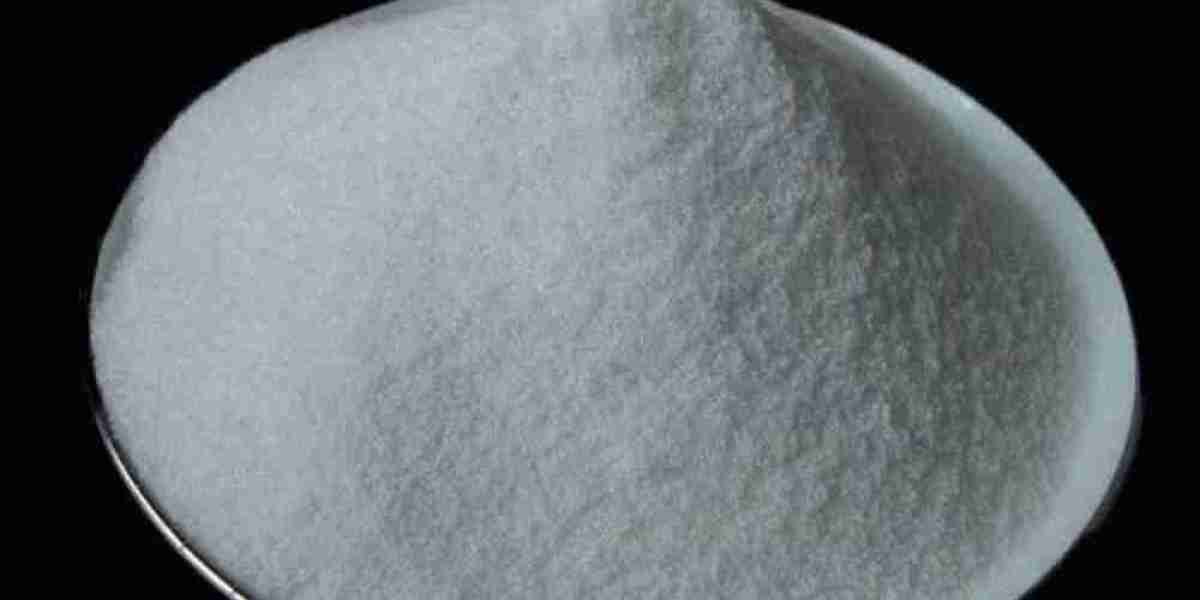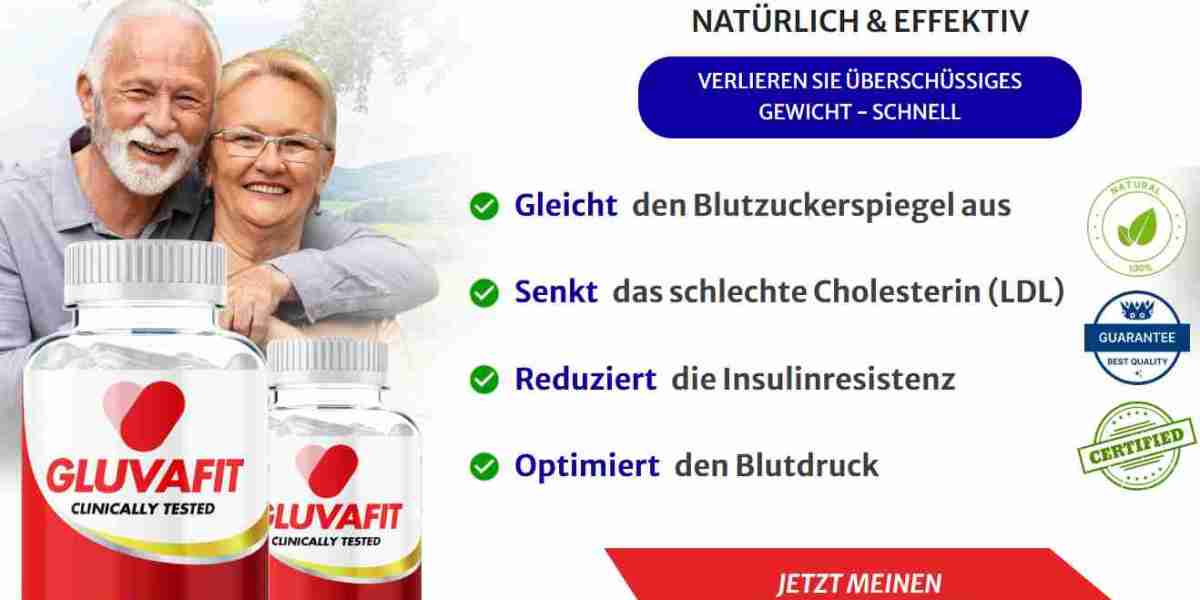Polyvinyl Alcohol (PVA) is a versatile synthetic polymer widely used across industries due to its unique physical and chemical properties. Manufactured under the brand name Selvol by Sekisui Specialty Chemicals, PVA serves as a crucial material in applications ranging from adhesives and coatings to textiles and pharmaceuticals. This article delves into the properties, manufacturing process, applications, and environmental considerations of Polyvinyl alcohol polivinílico selvol with a particular focus on the Selvol brand.
What is Polyvinyl Alcohol?
Polyvinyl Alcohol is a water-soluble polymer derived from the hydrolysis of polyvinyl acetate. Unlike many synthetic polymers, PVA is unique because it is not synthesized directly from a monomer. Instead, it undergoes a process where vinyl acetate is polymerized and then hydrolyzed to produce PVA. The degree of hydrolysis significantly influences its properties, making it a highly customizable material.
Selvol: A Trusted Brand
Selvol is a trademarked range of PVA products developed by Sekisui Specialty Chemicals. Known for its consistent quality and diverse grades, Selvol PVA is engineered to meet specific industrial needs. Each grade is tailored to offer unique properties such as varying degrees of viscosity, solubility, and tensile strength, enabling its use in specialized applications.
Key Properties of Polyvinyl Alcohol
- Water Solubility:
- PVA is highly soluble in water, with solubility influenced by its degree of hydrolysis and polymerization. Fully hydrolyzed grades dissolve in hot water, while partially hydrolyzed grades are soluble in cold water.
- Film-Forming Ability:
- PVA creates transparent, flexible, and durable films. This property makes it ideal for applications such as packaging and coatings.
- Adhesive Strength:
- Its excellent adhesive properties allow it to bond effectively to various surfaces, including paper, textiles, and ceramics.
- Chemical Resistance:
- PVA is resistant to oils, grease, and organic solvents, adding to its versatility.
- Biodegradability:
- PVA is partially biodegradable under specific conditions, making it an environmentally friendly option compared to other polymers.
Manufacturing Process
The production of PVA involves two primary steps:
- Polymerization of Vinyl Acetate:
- Vinyl acetate monomers undergo free radical polymerization to form polyvinyl acetate (PVAc).
- Hydrolysis of PVAc:
- The PVAc is hydrolyzed in an alkaline or acidic environment to convert the acetate groups into hydroxyl groups, resulting in PVA. The degree of hydrolysis can be controlled to produce fully or partially hydrolyzed PVA, each with distinct properties.
Applications of Selvol PVA
Selvol PVA’s versatility makes it indispensable in various industries:
- Adhesives:
- Used in the formulation of water-based adhesives for paper, wood, and textiles, Selvol ensures strong bonding and durability.
- Coatings and Paints:
- PVA’s film-forming ability enhances the performance of coatings and paints, providing a smooth finish and increased durability.
- Textiles:
- In the textile industry, Selvol PVA acts as a sizing agent, improving yarn strength and weaving efficiency.
- Paper Industry:
- As a paper coating and binding agent, it improves the printability and strength of paper products.
- Pharmaceuticals:
- In the medical field, Selvol PVA is used in tablet coatings, contact lenses, and wound dressings due to its biocompatibility and safety.
- Packaging:
- Its ability to form water-soluble films makes it a popular choice for packaging detergents and other chemicals.
- Construction:
- PVA is incorporated into cement and mortar mixtures to enhance adhesion and reduce cracking.
Environmental Considerations
Polyvinyl Alcohol is often considered a sustainable choice due to its partial biodegradability and water solubility. However, its environmental impact depends on factors such as disposal methods and the degree of hydrolysis. Fully hydrolyzed grades are less biodegradable than partially hydrolyzed ones. Recycling initiatives and advances in biopolymer technologies aim to further reduce the environmental footprint of PVA products.
Advantages of Using Selvol PVA
- High Performance:
- Selvol grades offer consistent quality, ensuring reliability in demanding applications.
- Customization:
- Sekisui provides a wide range of Selvol grades to meet specific industrial requirements.
- Sustainability:
- As a water-soluble and partially biodegradable polymer, Selvol contributes to eco-friendly solutions.
- Global Availability:
- With a robust distribution network, Selvol PVA products are accessible worldwide.
Challenges and Limitations
Despite its numerous advantages, PVA has certain limitations:
- Moisture Sensitivity:
- PVA films can absorb moisture, affecting their performance in humid environments.
- Cost:
- The manufacturing process of PVA can be more expensive than that of other polymers, potentially limiting its use in cost-sensitive applications.
- Biodegradability Variance:
- While partially biodegradable, PVA’s environmental impact still requires careful management to ensure sustainability.
Future Outlook
The demand for sustainable and high-performance polymers is expected to drive innovation in PVA technologies. Sekisui’s ongoing research aims to enhance the properties of Selvol products, focusing on improved biodegradability, performance under extreme conditions, and cost-effectiveness. The integration of PVA in advanced applications such as 3D printing, electronics, and biomedical engineering also holds significant promise.
Conclusion
Polyvinyl Alcohol, particularly under the Selvol brand, is a remarkable material offering a blend of functionality, adaptability, and sustainability. Its wide-ranging applications and environmentally friendly attributes make it a valuable polymer in modern industries. As technological advancements continue, Selvol PVA is poised to play an even more significant role in addressing global challenges, particularly in sustainability and innovation.






